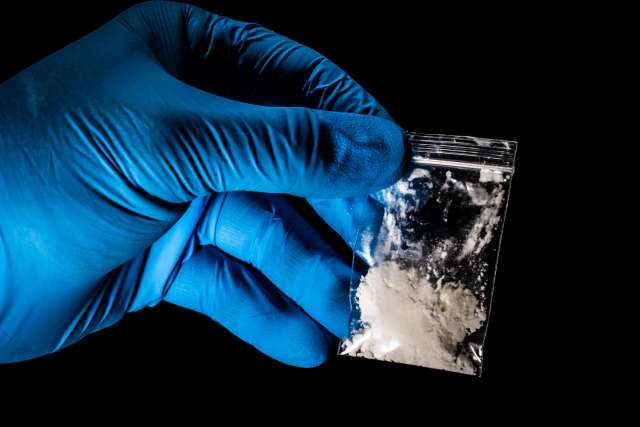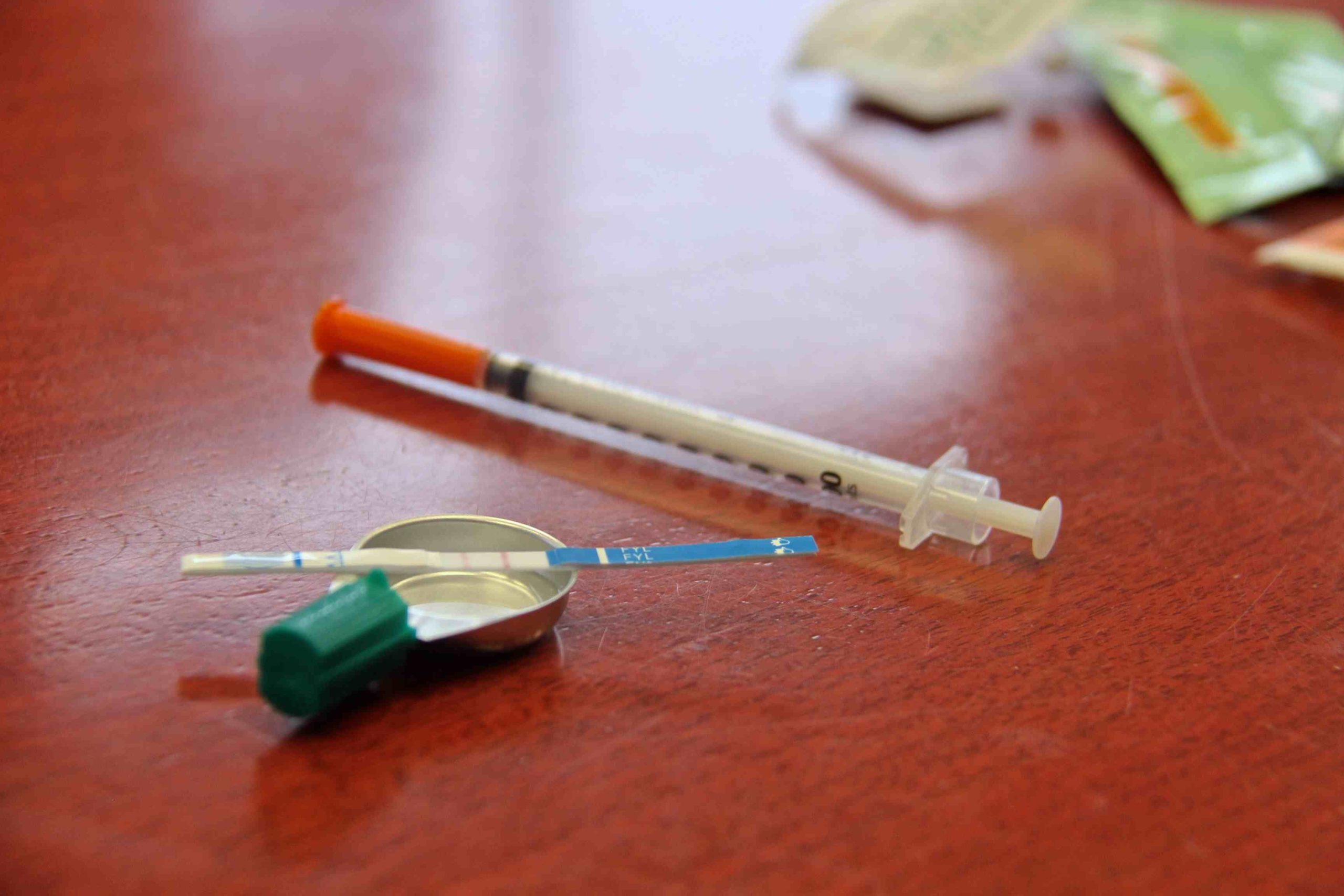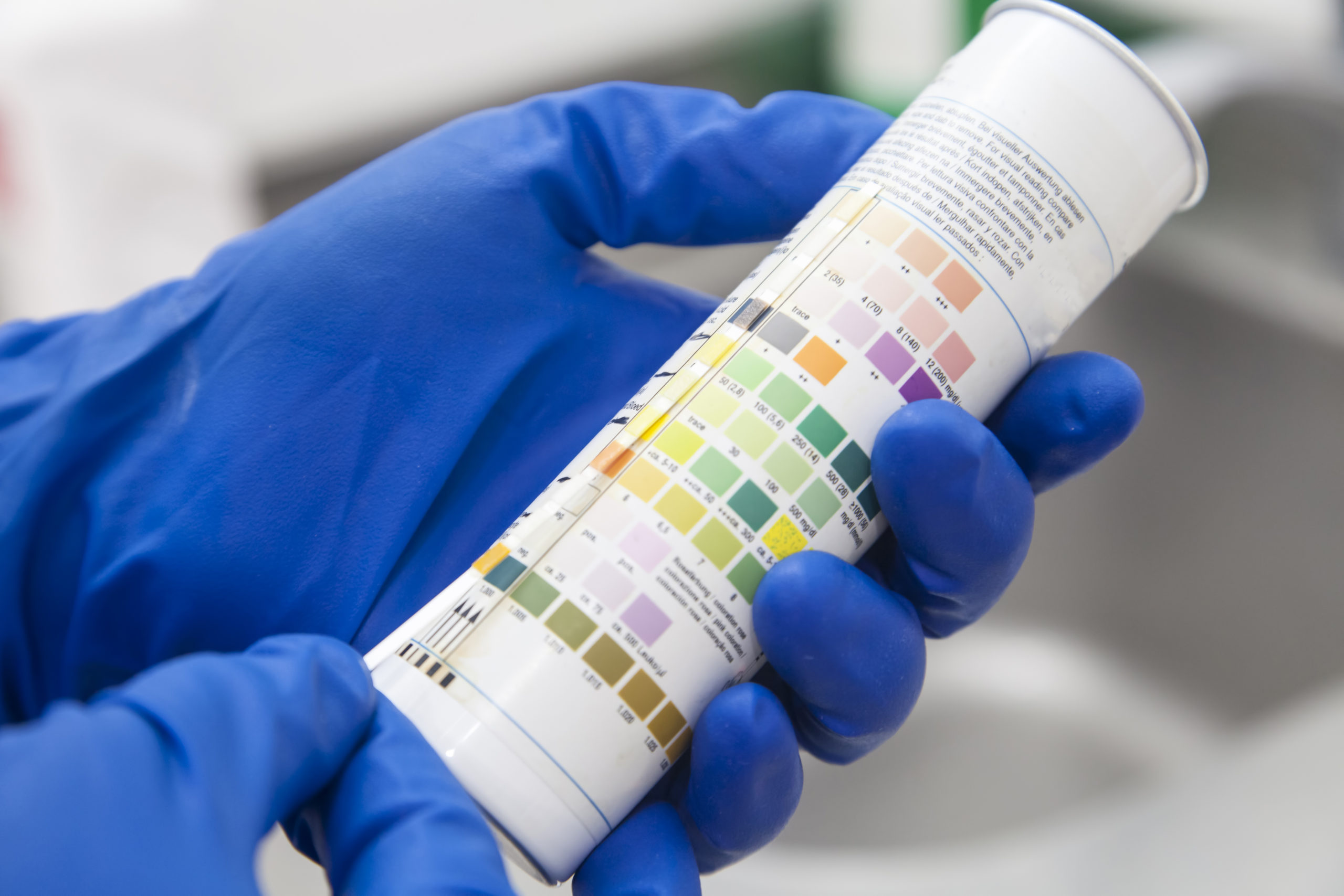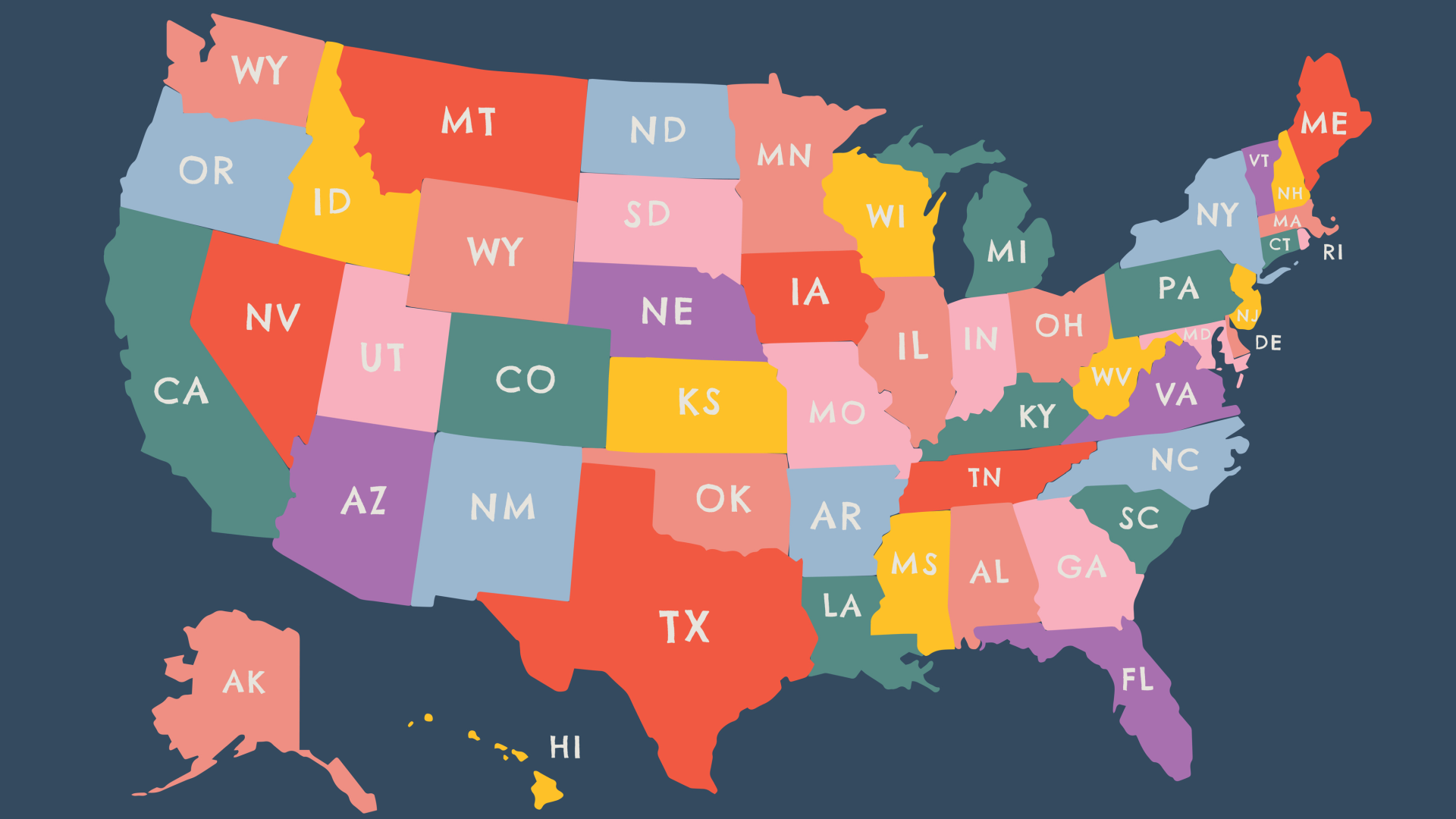BTMPS: An Industrial Chemical Adulterant in the Illicit Drug Supply
In this fact sheet the Legislative Analysis and Public Policy Association (LAPPA) provides an overview of the sudden increase in the presence of BTMPS in the illicit drug supply and its rapid proliferation across the country, which has left drug policy experts and harm reduction specialists puzzled as to why it is in the supply and how it will affect the individuals consuming it....












